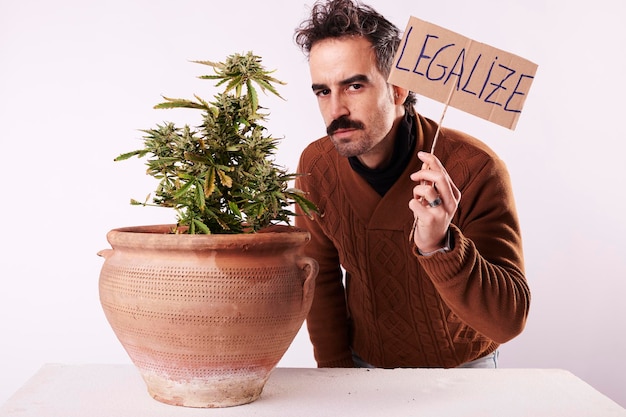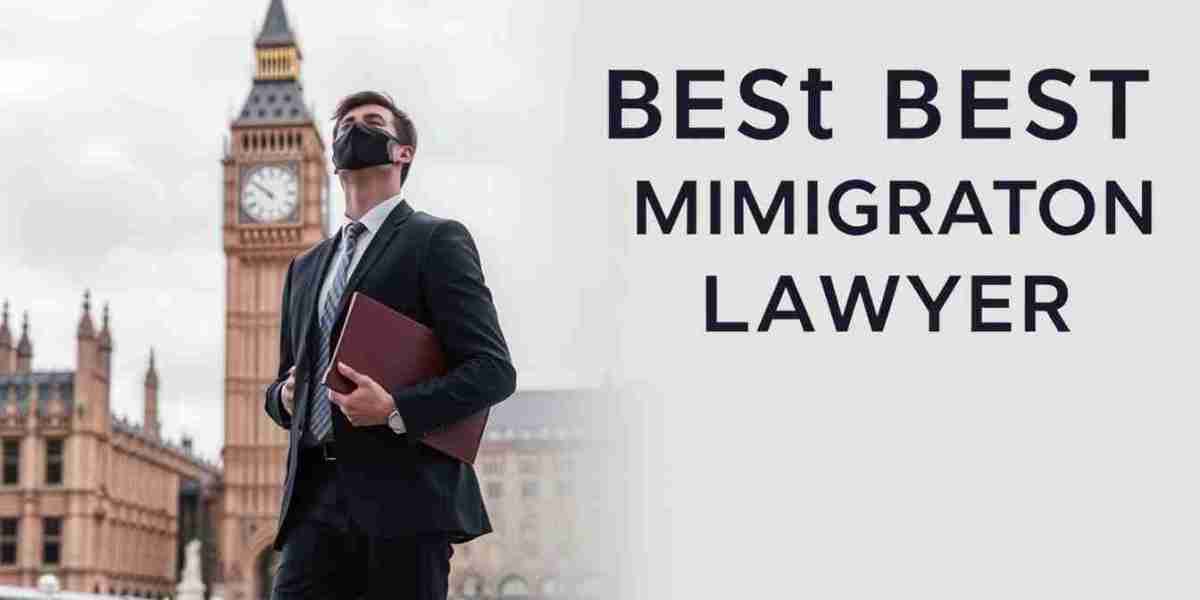Cannabis laws vary widely across regions, making it essential for users to understand the legal implications of possession. Even in areas where cannabis is legalized, there are restrictions regarding amounts, age, and public usage.
For those accessing cannabis through services like Halifax Weed Delivery, being aware of the legal framework helps ensure responsible use while avoiding legal trouble. This article explores the legal consequences of cannabis possession and offers insights for staying compliant with local regulations.
Legal Status of Cannabis Across Regions
Cannabis legalization is a complex and evolving topic. While some regions have embraced legalization for medicinal and recreational purposes, others impose strict penalties.
1. Fully Legalized Areas
- Many states in the U.S., Canada, and select countries in Europe allow recreational cannabis use.
- Legal possession limits vary; for instance, Canadian residents can possess up to 30 grams in public.
2. Medicinal Use Only
- Some regions permit cannabis use strictly for medical purposes.
- Users must possess a valid medical cannabis card and adhere to prescribed amounts.
3. Prohibited Areas
- In regions where cannabis remains illegal, possession can result in severe penalties, including fines and imprisonment.
Consequences of Cannabis Possession
The legal consequences of cannabis possession depend on the jurisdiction and the amount of cannabis in question.
1. Small Quantities
- Legal Areas: Possession within the legal limit (e.g., a small Pre Rolls package) typically results in no penalties.
- Prohibited Areas: Even small amounts can lead to fines or mandatory drug education programs.
2. Large Quantities
- Possessing amounts beyond legal limits often triggers harsher penalties, including:
- Fines
- Criminal charges
- Potential imprisonment
3. Intent to Distribute
- Possessing large amounts, packaging materials, or scales may suggest intent to sell, leading to more severe charges.
Age-Related Restrictions
Age is a critical factor in determining the legality of cannabis possession.
1. Legal Age Limits
- Most legalized areas set the minimum age for possession at 18 or 21 years old.
- Underage possession often leads to fines, community service, or mandatory drug counseling.
2. Parental Responsibility
- Parents may face legal consequences if minors are found in possession of cannabis.
Public vs. Private Possession
The location of cannabis possession also plays a role in determining legality.
1. Public Spaces
- Even in legal areas, consuming or carrying cannabis in public spaces can result in fines.
2. Private Property
- Cannabis use is generally allowed on private property, provided it does not disturb neighbors or violate rental agreements.
Long-Term Legal Implications
Possessing cannabis illegally can have long-lasting effects beyond immediate penalties.
1. Criminal Records
- Convictions for cannabis possession may appear on criminal records, impacting employment or travel opportunities.
2. Travel Restrictions
- Some countries deny entry to individuals with prior cannabis-related convictions.
How to Stay Compliant
1. Know the Laws
- Familiarize yourself with local regulations, including possession limits and consumption restrictions.
2. Purchase Legally
- Use reputable sources, such as Halifax Cannabis Delivery, to ensure compliance with quality and legal standards.
3. Store Cannabis Properly
- Keep cannabis stored in a secure location, especially when transporting or using Cheap Oz purchases for personal use.
Cannabis Decriminalization and Expungement
Some regions are taking steps to reduce the impact of past cannabis convictions:
1. Decriminalization
- Decriminalization reduces penalties for small amounts of cannabis, often replacing criminal charges with fines.
2. Expungement Programs
- Expungement clears cannabis-related offenses from criminal records, helping individuals regain opportunities.
What to Do If Caught with Cannabis
If caught with cannabis, here are steps to take:
1. Know Your Rights
- Understand local laws and assert your rights respectfully if approached by law enforcement.
2. Seek Legal Counsel
- A lawyer specializing in cannabis law can help navigate charges and minimize penalties.
Educational Efforts to Promote Responsible Use
Legalization comes with a responsibility to educate users about safe and lawful cannabis practices.
1. Public Awareness Campaigns
- Many regions run campaigns to inform users about possession limits and consequences.
2. Community Resources
- Local dispensaries often provide guidance on responsible use and legal compliance.
Real-Life Examples
1. Case Study: Small-Scale Possession
- A user in a legal state was fined for carrying cannabis in a public park, highlighting the importance of knowing consumption rules.
2. Case Study: International Travel
- A traveler with a cannabis-related conviction was denied entry to another country, emphasizing the need to consider long-term implications.
Conclusion: Staying Informed Is Key
Understanding the legal consequences of cannabis possession ensures responsible use and helps users avoid unnecessary penalties. Whether purchasing small quantities like Pre Rolls or affordable options, staying informed about local laws is crucial. Reputable sources provide not only quality products but also peace of mind in compliance with regulations.
By respecting possession limits, adhering to age restrictions, and consuming cannabis responsibly, users can enjoy its benefits without legal trouble. As laws continue to evolve, staying educated and vigilant will remain essential for cannabis enthusiasts worldwide. For more visit kinkedpress.



